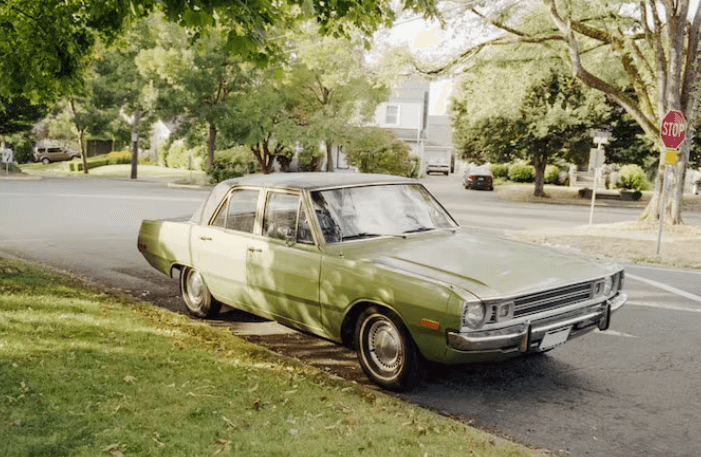What Does It Mean to Donate a Car for Tax Credit?
When you donate your car to a qualified charitable organization, the IRS allows you to claim a tax deduction for the value of the vehicle. Instead of selling or trading in your car, you’re giving it to a nonprofit that can either use it or sell it to fund their programs. In return, you get a tax deduction based on the car’s fair market value or the amount the charity sells it for.

Why Should You Donate Your Car?
There are plenty of reasons to donate your car:
- Support a Cause You Care About: Help nonprofits fund their missions, whether it’s education, health, animal welfare, or environmental conservation.
- Declutter: Got an old car sitting in your driveway that you no longer use? Donate it instead of letting it collect dust.
- Tax Benefits: Depending on your situation, you could reduce your taxable income by claiming a car donation deduction.
- Avoid Hassles: Selling a car can be a headache. Donating it is often quicker and easier.
How to Donate Your Car for a Tax Credit
- Find a Qualified Charity Make sure the organization is a 501(c)(3) nonprofit that’s eligible to receive tax-deductible contributions. You can verify their status on the IRS website.
- Understand the Tax Rules
- If the charity sells your car, your deduction is usually limited to the sale price.
- If the charity uses the car (e.g., for deliveries or program activities), you can deduct the fair market value.
- Keep in mind, you need to itemize deductions to claim this benefit.
- Get the Proper Documentation
- The charity must provide you with a written acknowledgment of your donation.
- If the car is worth more than $500, the acknowledgment must state whether the vehicle was sold or retained for use.
- For cars valued at over $5,000, you’ll need an independent appraisal.
- Complete IRS Forms
- File Form 8283 for donations over $500.
- Attach the necessary documents, like the written acknowledgment and appraisal, to your tax return.
- Transfer Ownership Make sure to officially transfer the title to the charity and keep a copy for your records. This ensures you’re not held liable for anything involving the car after it’s donated.
Pro Tips for Maximizing Your Tax Credit
- Research Charities: Choose organizations that align with your values and have a good reputation.
- Estimate Your Car’s Value: Use tools like Kelley Blue Book to get an idea of your car’s fair market value.
- Donate Before Year-End: To claim the deduction on your current year’s taxes, make the donation before December 31.
- Consult a Tax Professional: If you’re unsure about the rules, a tax expert can help you navigate the process.
Frequently Asked Questions
1. What types of vehicles can I donate? Most charities accept cars, trucks, RVs, motorcycles, and even boats. Some also take non-working vehicles, but it’s best to confirm with the organization.
2. How much can I deduct? The deduction amount depends on whether the charity uses the car or sells it. For sales, it’s typically the sale price. For usage, it’s the fair market value.
3. Can I donate a car without a title? Some charities may accept cars without titles, but this can complicate the process. Check with the organization to see what’s required.
Final Thoughts
Donating your car for a tax credit is a fantastic way to make a difference while benefiting your wallet. By following the proper steps and understanding the rules, you can ensure a smooth and rewarding process. So, if you’ve got a car you no longer need, consider turning it into a charitable contribution today!
Custom Message for tachd.shop Visitors:
Looking for more ways to simplify your life and give back? Stay tuned to tachd.shop for tips, guides, and resources to make a positive impact!
